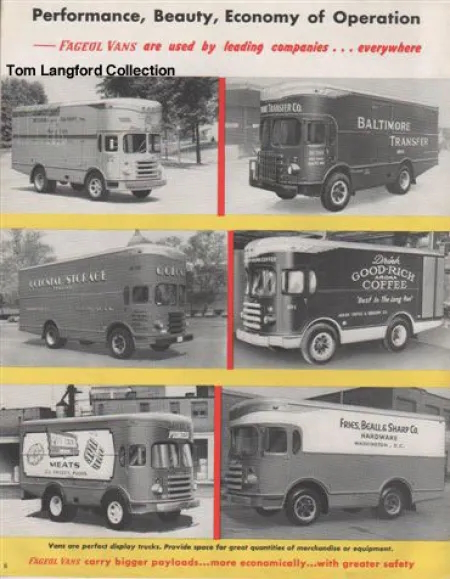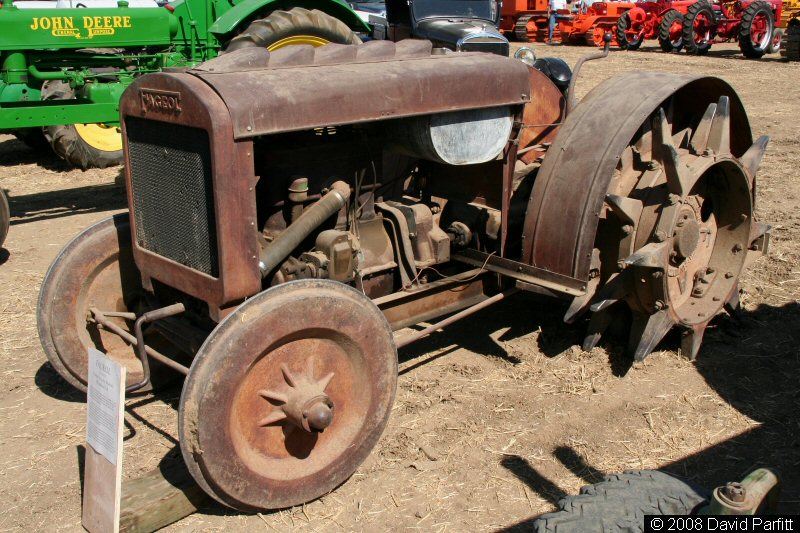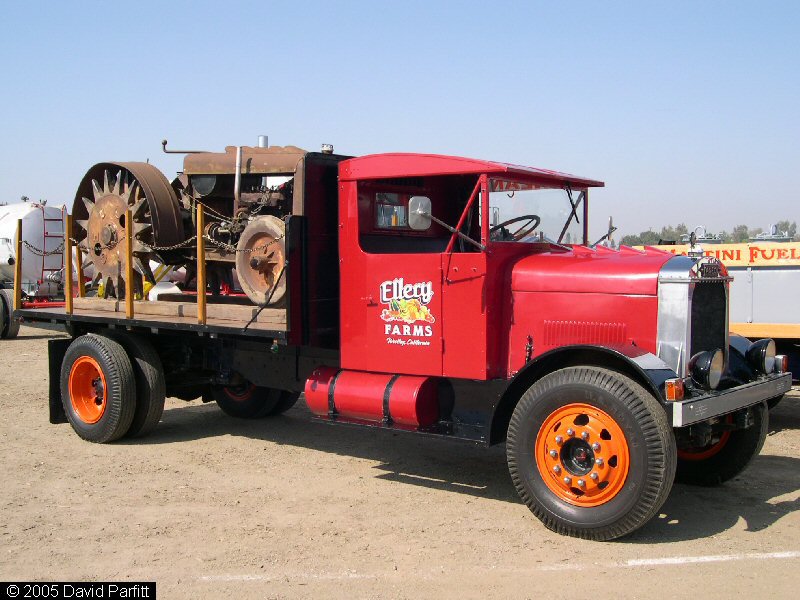Current Tractor List:
Advance Thresher Co. Steam Engines Advance-Rumely Company of La Porte, Indiana Agro Alldays Onions Allis Chalmers Electric Wheel's Allwork 14-28 AMES MANUFACTURING Co. Atlas Co. C. AULTMAN Austin Avance Avery Bailor Plow Manufacturing Co. Baker Sons Equipment Company Bates Bauche Bean Spray Pump Co. Bell Belleville Beltrail Benz Best The Big Four Birdsall Birth of the Tractor British Wallis Bryan Buffalo Pitts Bull COD Caldwell Vale Case Caterpillar Chase Citroen Clayton Cletrac Coleman Cooper Cameron Crawley Crowell Dakota David Deutz D June Doyen Eagle Emerson Brantingham Fageol Fairbanks Farmall Ferguson Fiat Filtz Fitch Ford Fordson Fowler Frick Gaar Scott Garner Geiser General Ordnance Glasgow Goodison Gray Hanomag Harrison Hart Parr Holt Hooven Hornsby Huber Illinois International Harvester Ivel JI Case Jelbart John Deere Johnson Komnick Lanz Leader Lindeman Marshall Predecessor Massey Manufacturing Massey Harris Massey Harris Matteson MAVAG McCormick McDonald Minneapolis Moline Mistral Monarch Morton Munktells National Nichols Nilson Oekonom Oliver Parrett Peter Brotherhood Pioneer Poehl Prague Prison Reeves Renault Republic Rock Island Ronaldson Rumely Rushton Russell Ruston Samson Sandusky Yuba Sandwich Saunderson Sawyer Massey Scemia Schneider Skoda Steam Traction Stinson Stock Manufacturing Co Taskers Tourand Twin City Tractors Upton Union Vickers Wood Wikov Waterloo Waterloo Boy Weeks Wyles Townsend Chapron Fey Mistral


